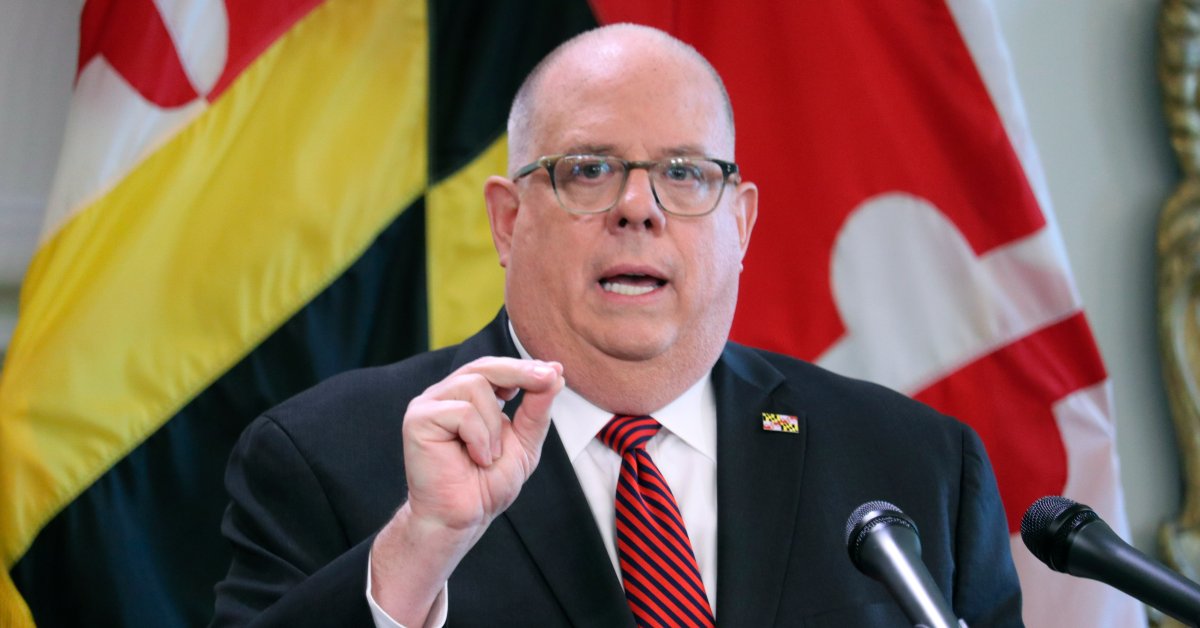T
he day after Larry Hogan became Maryland's 62nd governor in 2015, he received a letter from Michael Lord, executive director of the Maryland State Ethics Commission. The letter warned Hogan that as governor, he should not participate in matters involving his business, including supervision of others involved in those matters. This was a challenge for Hogan because HOGAN, his real estate brokerage firm, represented many prominent Maryland developers.
To address this issue, Hogan entered into a trust agreement that allowed him to remain informed about his company's investments and projects while supposedly preventing conflicts of interest. However, the arrangement did not prevent the appearance of a conflict. During his eight years in office, nearly 40% of competitive affordable housing awards went to HOGAN clients, with six developers winning awards on multiple occasions.
Hogan also served on the Board of Public Works, which determines how taxpayer money is spent. He voted to issue loans or grants to four of these same developers on five occasions. Meanwhile, Hogan continued to hold regular meetings with his company's leaders, according to his official meeting calendar.
Experts say that Hogan's role in overseeing affordable housing awards while his firm's clients competed for public funds he controlled raises serious concerns about conflicts of interest. "It's wrong on its face," says Danielle Brian, executive director of the Project on Government Oversight. Maryland law prohibits government officials from participating in decisions where they or a close relative have a financial interest.
Hogan's trust agreement and approval of awards to his firm's clients are unlike anything seen under federal ethics rules, according to Don Fox, former general counsel for the U.S. Office of Government Ethics. Hogan should have disclosed his firm's relationship with developers and recused himself if necessary, says Fox.
The nature and extent of the relationship between HOGAN and its clients remains unclear. Two developers declined requests for interviews, while another acknowledged working with HOGAN but denied paying them. A third developer claimed to have no record of paying or closing a transaction with HOGAN.
Hogan's situation has raised red flags among government ethics experts and Maryland law officials. If Hogan wins the U.S. Senate election, he would have influence over housing policy in the state, including funding levels and competitive awards for affordable housing organizations. However, it is unclear whether Hogan would recuse himself from decisions that could benefit his real estate business.
Hogan's website continues to promote the benefits of doing business with HOGAN, stating that clients can achieve the best development potential and highest return on investment by working with the company.














